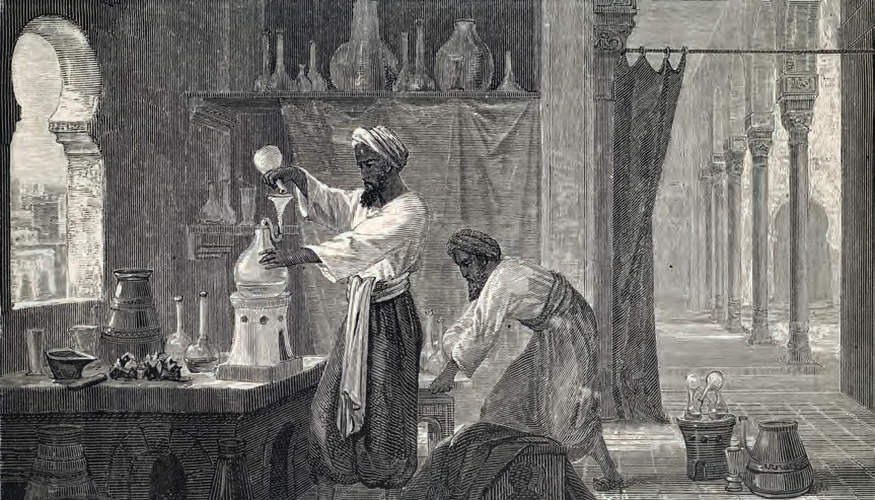
Origins: Aromatic Beginnings
The story of perfume begins in antiquity, where aromatic substances were first used for ceremonial, spiritual, and medicinal purposes. Ancient civilizations such as Egypt, Mesopotamia, China, and India employed aromatic oils and resins derived from plants and spices like myrrh, frankincense, and cinnamon. These early perfumes were often reserved for religious rituals, burial ceremonies, and as offerings to gods and rulers, symbolizing status, power, and spirituality.
Evolution: From Antiquity to Modernity
The art of perfumery continued to flourish through the ages, evolving alongside advancements in trade, chemistry, and perfumery techniques. In medieval Europe, Arabian traders introduced new scents and distillation methods, expanding the range of available fragrances. During the Renaissance, perfumers in Italy and France refined techniques of extracting essences from flowers, leading to the rise of floral perfumes and the establishment of Grasse as a prominent center of perfume production.
The 19th century marked a turning point with the industrial revolution, enabling mass production and widespread distribution of perfumes. The development of synthetic fragrances in the 20th century revolutionized perfumery, offering perfumers an extensive palette of scents beyond natural essences. This period also saw the emergence of iconic perfumes and perfume houses that defined the modern fragrance industry.
Usage: Personal Expression and Cultural Significance
Today, perfume plays a central role in personal grooming, self-expression, and cultural practices worldwide. Perfumes are not just olfactory adornments but also symbols of identity, luxury, and emotion. They evoke memories, enhance moods, and create lasting impressions, making them essential in daily routines, special occasions, and social interactions.
Et quae iure vel ut odit alias.
From designer fragrances that embody sophistication and exclusivity to niche perfumes that cater to unique tastes and sensibilities, the diversity in perfume offerings reflects the complex interplay of art, science, and consumer preferences. Perfume usage extends beyond individual allure to encompass rituals, traditions, and the art of seduction, perpetuating its allure and significance across generations.
A Fusion of History, Artistry, and Science
Perfumery stands as a testament to humanity's ingenuity and creativity, weaving together history, artistry, and science into a sensory experience that transcends time and borders. As we continue to explore new frontiers in fragrance technology and sustainability, the allure of perfumes persists, promising to captivate and enchant for centuries to come.
